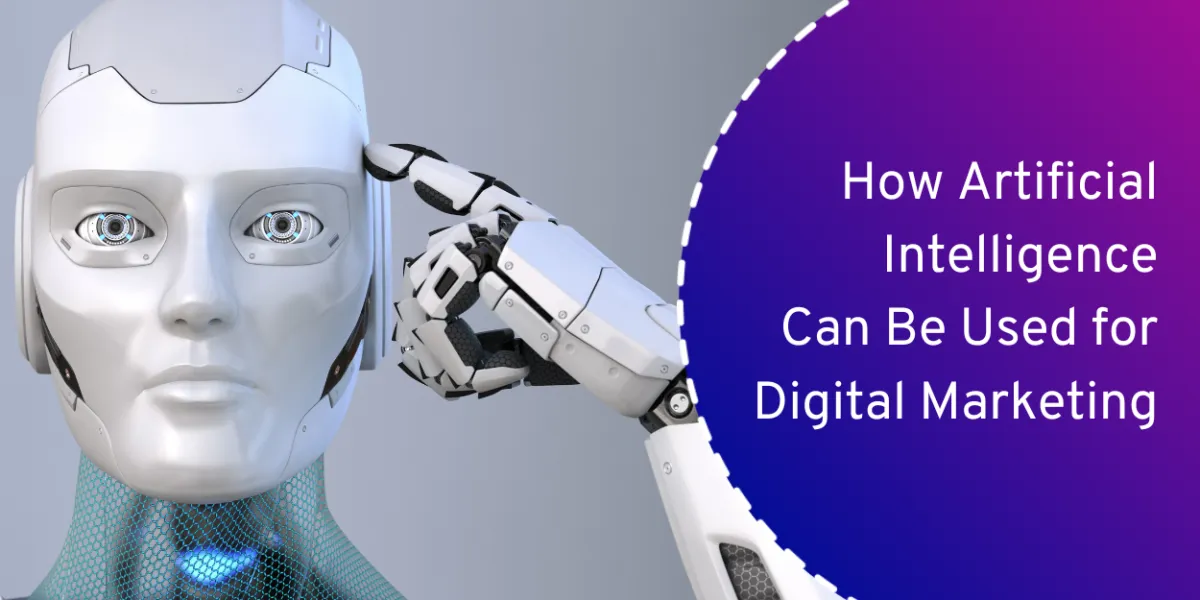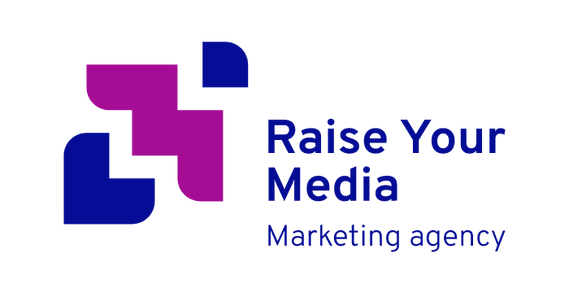Blog

How Artificial Intelligence Can Be Used for Digital Marketing
"AI is not a threat to humanity; it is an extension of our abilities."
- Garry Kasparov, Chess Grandmaster
How Artificial Intelligence Can Be Used for Digital Marketing
I mentioned in last week’s blog post that we now have functional Artificial Intelligence (AI) to serve as a tool. AI has emerged as a powerful tool that revolutionizes digital marketing efforts. With the ability to simulate human intelligence in machines, AI offers a plethora of functions and uses that enhance customer experiences, personalize marketing efforts, and drive better results. Let’s discuss how AI can be effectively leveraged in digital marketing to achieve these goals.
Customer Insights and Personalization
AI-powered tools enable users to gain deep customer insights by analyzing vast amounts of data. By understanding customer behavior, preferences, and buying patterns, businesses can create personalized marketing campaigns. AI helps deliver targeted content relative to the gathered potential customer data and ultimately drives conversions.
Predictive Analytics
Predicting future outcomes is an invaluable asset for businesses, and AI algorithms excel at this task. By analyzing historical data, AI can forecast customer demand, predict churn rates, and identify high-value customers. Equipped with these insights, businesses can make informed decisions, optimize marketing strategies, and take proactive actions to achieve better results.
Chatbots and Virtual Assistants
AI-powered chatbots and virtual assistants have become increasingly prevalent in customer service and support. I’m sure that you’ve come across them when looking for help on a company’s webpage. These intelligent systems provide instant responses to customer queries, assist with product recommendations, and handle transactions. Businesses can enhance customer experiences, provide round-the-clock support, and free up human resources for more complex tasks by using AI-powered chatbots.
Content Creation and Curation
AI technologies like natural language processing (NLP) automate content creation and curation processes. AI can be used to generate personalized email campaigns, social media posts, and blog articles based on user data and preferences. Additionally, it can curate relevant content from various sources, saving businesses time and effort in content discovery.
Ad Targeting and Optimization
AI algorithms analyze user data, browsing behavior, and engagement patterns to optimize ad targeting and improve ad performance. By leveraging AI-powered advertising platforms, businesses can automatically adjust ad placements, bids, and creatives in real-time. This ensures that ads reach the right audience at the right time, maximizing return on investment (ROI). Microsoft is even in the process of patenting an advertisement-related machine learning model.
Data Analysis and Pattern Recognition
It could be argued that AI’s greatest strength is processing and analyzing large volumes of data. Businesses can utilize AI to identify trends, discover hidden correlations, and extract actionable insights. By harnessing AI's data analysis capabilities, businesses gain valuable business intelligence that informs marketing strategies and decision-making.
In Conclusion
Artificial intelligence has transformed digital marketing by empowering businesses with advanced capabilities to engage customers, personalize marketing efforts, automate processes, optimize advertising, and make data-driven decisions. Business owners who embrace AI and leverage its functionalities gain a competitive advantage in an increasingly digital and data-centric landscape. However, it's crucial to use AI ethically and prioritize data privacy to maintain customer trust and comply with regulations.
As technology continues to evolve, AI will play an increasingly significant role in shaping the future of digital marketing. By staying informed and adapting to these advancements, businesses can stay ahead of the curve, deliver exceptional customer experiences, and achieve their marketing objectives while navigating the ever-changing digital landscape.
Copyright © 2017-2025 Raise Your Media I Privacy Policy
We believe that every small business deserves simple and effective sales and marketing tools.


